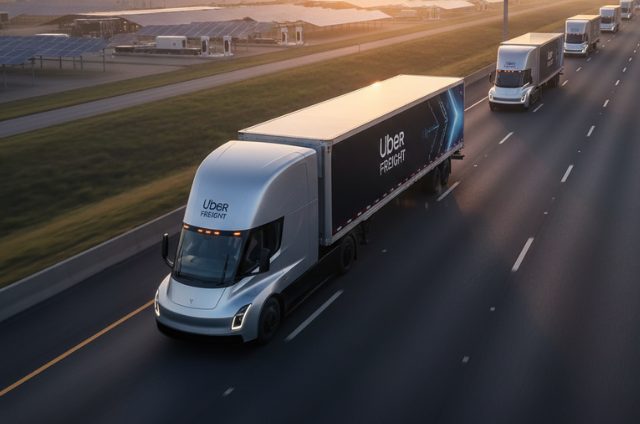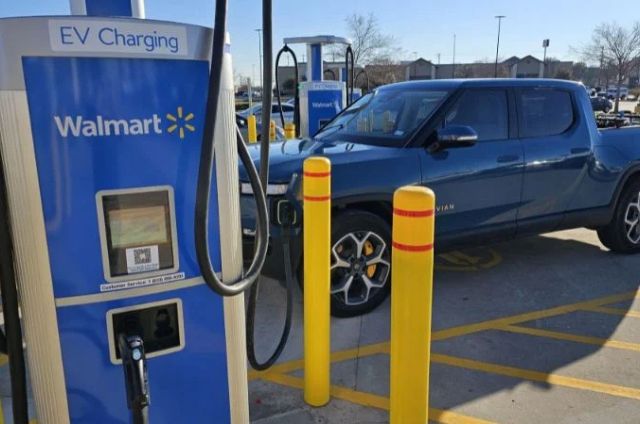A New Era for Freight
Uber Freight has unveiled its Dedicated EV Fleet Accelerator Program, built in partnership with Tesla. The program is designed to break down barriers that have slowed electric truck adoption. By lowering upfront costs and guaranteeing steady freight demand, the initiative gives fleets a direct path to electrification.
Tackling Industry Challenges
Carriers have been clear about the hurdles: electric trucks cost more upfront, and charging infrastructure is still expanding. Uber Freight listened. With Tesla expanding its Semi Charger network, routes are being planned around reliable charging points. That means fleets can deploy EVs with confidence while keeping operations efficient.
How the Program Works
The program targets three critical obstacles: cost, predictability, and return on investment.
Subsidized pricing: Fleets purchasing Tesla Semis through the program receive price reductions.
Revenue certainty: Fleets run these trucks on Uber Freight’s dedicated contracts, securing multi-year revenue streams.
Full utilization: Uber Freight matches trucks with consistent loads, ensuring maximum use and faster payback.
Tesla adds further value by offering technical sessions to help fleets understand long-term ownership costs. Savings from fuel and maintenance start on day one.
Real-World Results
Before launch, Uber Freight tested the program with carriers in California. In just two months, Tesla Semis logged over 12,000 miles with impressive efficiency—using only 1.72 kWh per mile. Carriers reported reduced operating costs and praised Uber Freight’s hands-on support.
Long-Term Advantages
The Tesla Semi combines up to 500 miles of range, 1.2 MW fast charging, and payloads exceeding 45,000 lbs. Compared to diesel, fleets save thousands annually on fuel and up to 40% on maintenance. The total cost of ownership rivals or beats diesel, especially with Uber Freight’s subsidies.
Leading the Transition
With 18 million shipments a year and a vast shipper network, Uber Freight is uniquely positioned to accelerate EV adoption. This partnership with Tesla signals a bold step toward cleaner, smarter logistics—and a future where zero-emission trucking is the standard.



